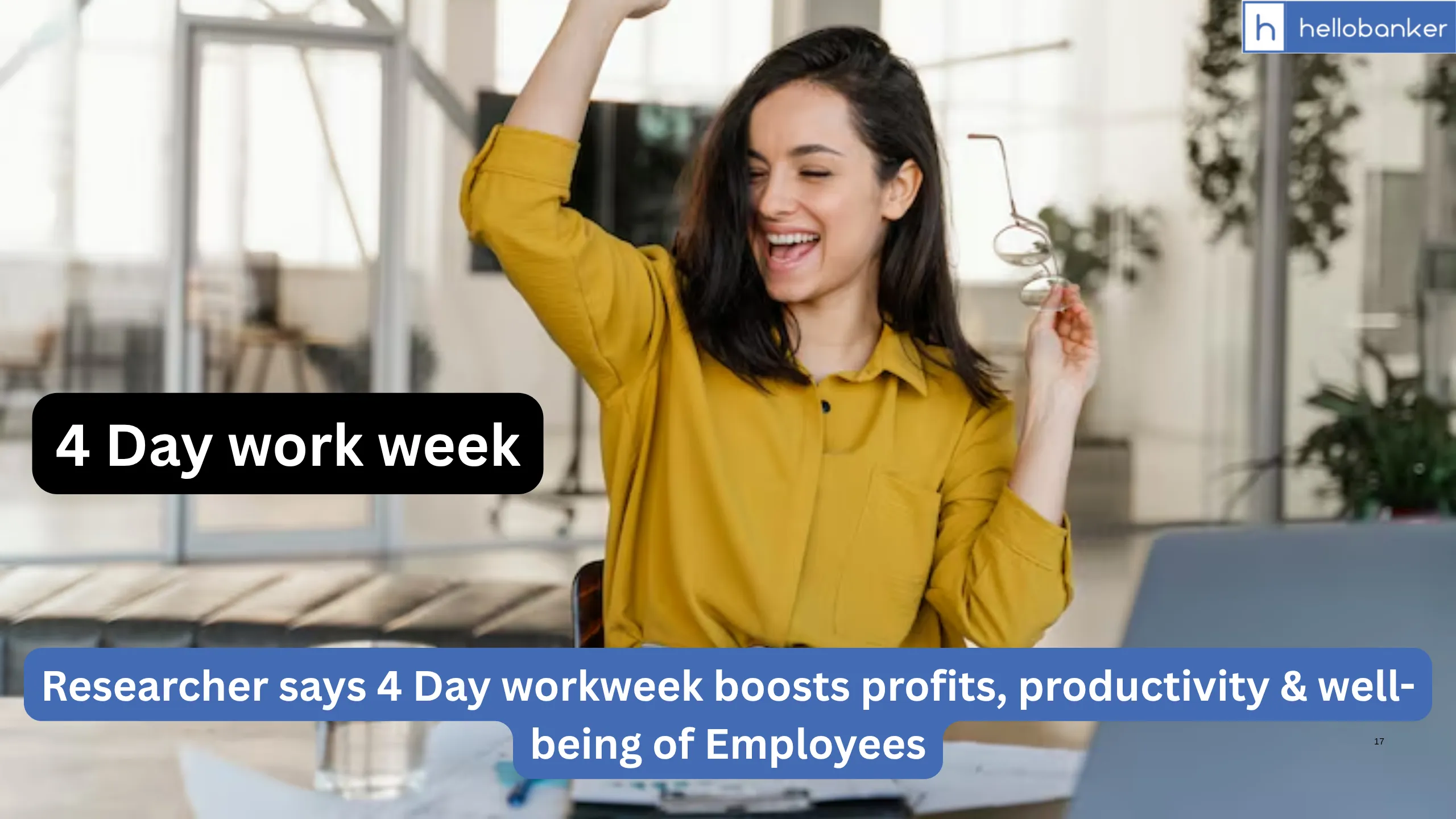An American economist, Juliet Schor, who has been researching the idea of working fewer hours for several years, has recently shared some surprising and encouraging findings. Her research suggests that moving from a traditional five-day workweek to a four-day workweek can bring major benefits not only for employees but also for businesses.
COVID-19 Changed How We Think About Work
Schor, speaking to CNBC Make It, explained that the COVID-19 pandemic played a key role in shifting people’s attitudes toward work. It disrupted regular work routines and made many individuals rethink what really matters in life. As a result, the idea of working only four days a week is no longer seen as extreme or unrealistic. In fact, it has now become a tested and practical model in many parts of the world.
What the Research Shows: Benefits for Everyone
Schor is the lead researcher at 4 Day Week, a global organisation that is testing four-day workweeks in different companies. Her team has studied the effects of this work model in 245 organisations, involving over 8,700 employees in countries like the United States, the United Kingdom, and Canada. In these trials, employees worked one day less each week, but with no reduction in salary.
The results were very positive:
- Employees reported better work-life balance
- There was a reduction in stress, burnout, and anxiety
- People felt physically and mentally healthier
- Businesses saw an increase in profits
- Employee turnover (resignation or quitting) went down significantly
According to Schor, one of the most surprising findings was how much people’s productivity improved. She said that many workers felt more in control of both their work and personal lives. They returned to work on Mondays feeling refreshed and motivated. This improved mindset also translated into higher-quality work and overall better well-being.
Why Are Companies Still Hesitant?
Despite the strong evidence in favour of the four-day workweek, many organisations are still unwilling to make the change. Schor believes this is mainly because of a fear of losing control. She explained that some managers are uncomfortable with the idea of giving employees more free time. For them, it’s more about maintaining authority than focusing on actual job performance.
She also mentioned that the traditional five-day week is deeply rooted in the way businesses operate, and changing it can feel too radical or risky for many employers.
Way Forward
To help companies overcome this fear, Schor recommends running a pilot program—a short-term trial that lasts six months to a year. This way, organisations can test how the four-day week works in their specific environment before making any permanent decisions.
She believes that once companies experience the benefits for themselves, they’ll find it easier to move away from outdated norms and embrace a model that supports both productivity and well-being.
